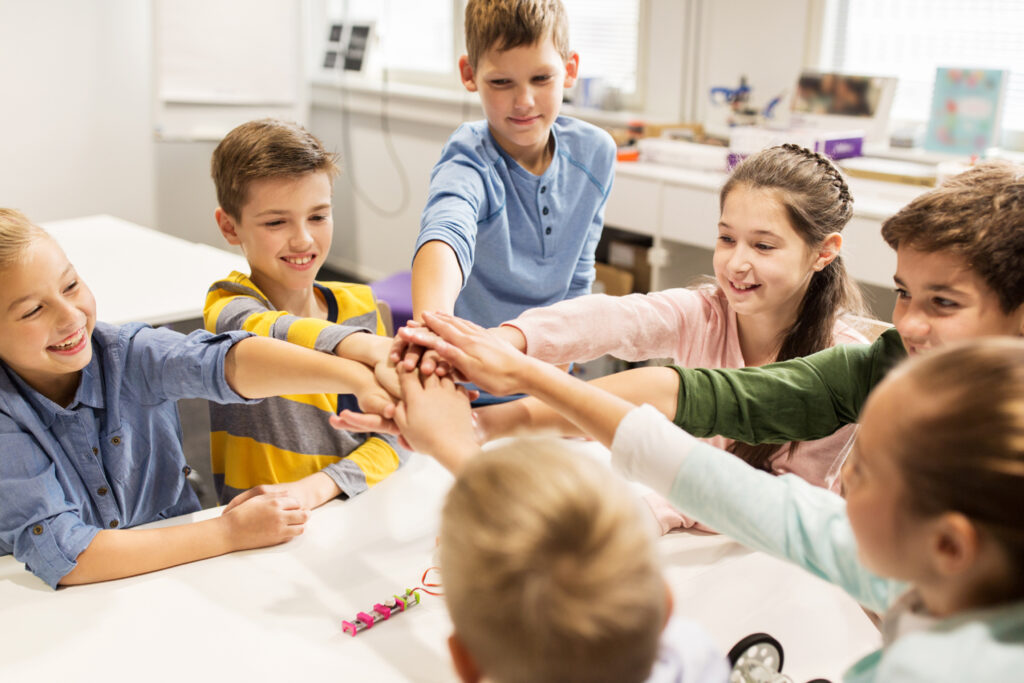
Sports Charities For Children play a pivotal role in helping kids develop essential life skills, particularly team-building abilities. These skills are critical not only in sports but also in various aspects of life. When children are introduced to team-oriented activities, they learn how to work with others, communicate effectively, and share responsibilities, all of which contribute to their personal growth and success in both academic and social settings. Charities dedicated to youth sports provide a structured environment for children to develop these skills while engaging in activities they enjoy.
Through team-based sports, children are given the opportunity to practice cooperation, resolve conflicts, and adapt to different roles within a group. These experiences help shape their character and are crucial for their social development. By fostering teamwork, these charities play a vital role in preparing kids to become confident, responsible, and empathetic individuals as they grow.
Encouraging Cooperation and Communication
One of the primary team-building skills that children develop through sports programs is cooperation. In team sports, kids must work together to achieve common goals, whether it’s scoring a goal in soccer or completing a relay race. This requires a high level of cooperation, as every player’s efforts contribute to the team’s success. Sports charities provide the platform for children to learn how to collaborate and make decisions as a team, which is an invaluable life skill.
Effective communication is another crucial aspect of teamwork that is developed through these programs. In sports, children need to communicate with their teammates to strategize, pass the ball, or signal for help. By engaging in these activities, kids learn how to express themselves clearly, listen to others, and offer constructive feedback. These communication skills are transferable to other areas of life, such as school projects, family dynamics, and future work environments.
Building Trust and Problem-Solving Skills
Participating in team sports fosters an environment where children can develop trust in their teammates. Trust is essential for teamwork, as players rely on each other to perform their roles, whether it’s defending the goal or working together to complete a play. As kids participate in sports activities organized by charities, they learn how to build trust by being dependable and supportive of one another. This trust helps to create a positive and encouraging team atmosphere, where each member feels valued and motivated to contribute.
Additionally, team sports present various challenges that require problem-solving skills. Kids are often faced with situations where they need to think on their feet, adapt to changing circumstances, and come up with creative solutions. Whether it’s adjusting strategies during a game or resolving a conflict between teammates, sports charities offer kids the opportunity to develop these important cognitive skills. The ability to approach challenges with a positive attitude and a solution-oriented mindset is an asset that will serve children well throughout their lives.
Fostering Leadership and Responsibility
Sports programs offered by charities also help children develop leadership skills. In team sports, there are often leadership roles such as team captains, who are responsible for motivating teammates, organizing practice sessions, and ensuring that everyone is working toward the same goal. These roles allow children to take on responsibilities and learn how to lead by example. Through these leadership experiences, kids gain confidence in their abilities and become more comfortable making decisions that affect the group.
Even children who are not in leadership roles can develop leadership qualities by supporting their teammates, encouraging others, and stepping up when needed. The responsibility of being part of a team helps children understand the importance of contributing to a group effort and being accountable for their actions. These lessons in responsibility and leadership are invaluable as they prepare children to become active and engaged members of their communities in the future.
Promoting Emotional Resilience Through Teamwork
Team sports also teach kids emotional resilience, an important aspect of personal growth. In a team environment, children learn to manage both success and failure. They experience the highs of winning and the challenges of losing, which can be difficult but ultimately builds emotional strength. The support of teammates during tough times helps children develop a positive attitude, even in the face of setbacks.
Furthermore, children learn to handle conflict in a constructive manner. In any team setting, disagreements can arise, but the ability to resolve these conflicts amicably is a crucial life skill. Through sports charities, children are encouraged to communicate openly, listen to each other, and find common ground when disputes occur. These experiences foster emotional resilience, which is essential for navigating challenges throughout life.
Conclusion:
In conclusion, Sports Charities For Children play a significant role in developing kids’ team-building skills. These organizations provide the framework for children to learn essential life skills such as cooperation, communication, trust, problem-solving, leadership, and emotional resilience. Through sports, kids not only improve their physical fitness but also become better equipped to navigate social and academic challenges in the future.
By supporting sports charities, we ensure that children have the opportunity to develop these important skills in a safe and encouraging environment. The impact of these programs goes beyond the sports field, as the team-building skills kids acquire will serve them well in all areas of life. As children grow and face new challenges, the lessons they learn through sports will continue to shape them into confident, capable individuals ready to succeed in both their personal and professional lives.




